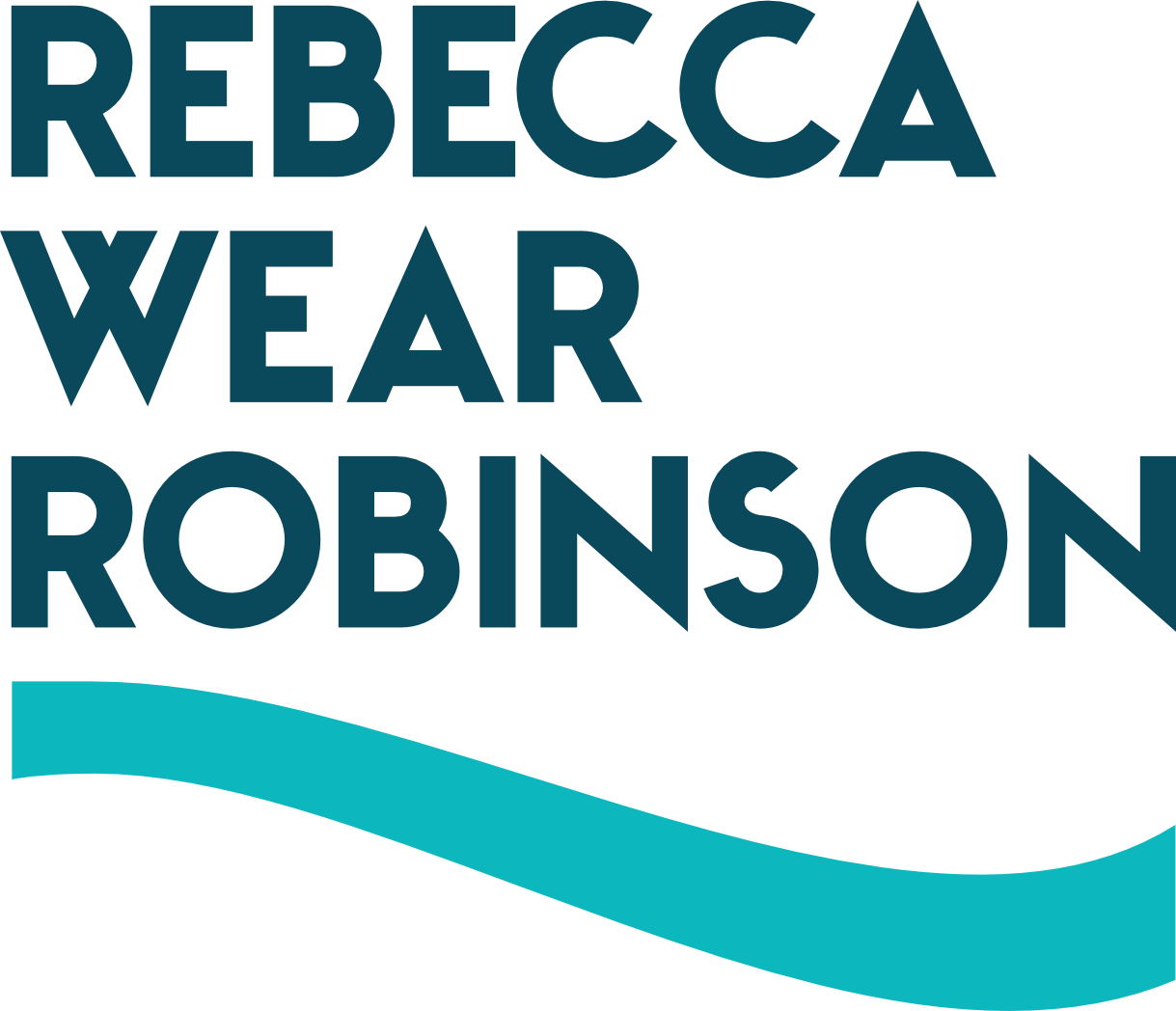Keep It Simple
Keep the message simple. The goal is comprehension.
“The CDC, WHO, ARC, and AAP recommend you wear a PFD when boating.”
Got it?
Unless you work in drowning prevention, you probably got lost in the alphabet soup. The message was definitely not delivered to 98% of the population, which means that 98% of the population is still at higher risk of drowning while boating.
Whatever our field of interest, we know too much. We forget that not everyone else knows the acronyms, the short-hand, the inside knowledge. Every single profession, every single activist issue - all are like a private club, complete with secret language. The intent is good - it makes people feel part of something, competent, even kind of cool. In theory, it’s also a time-saver to use the secret language, but outside the clubhouse walls, it becomes gibberish.
Messages only work if everyone understands the words and the intent.
When I use simple words, you understand.
“Experts recommend you wear a personal flotation device, such as a lifejacket, when boating.”
I can shorten it to a clear, declarative statement, which is an even more effective statement to reach the broader public.
“Wear a lifejacket when boating.”
Of course there will be challengers.
They want to know why….to which you expand to “experts recommend”.
Which experts? How do I trust these experts?….”The experts include the Center for Disease Control and Prevention, World Health Organization, American Red Cross, and American Academy of Pediatrics”
What is a personal flotation device? Does it have to be a lifejacket? “There are multiple types of personal flotation devices that are appropriate for different activities, different weather and boating conditions, different ages and swim ability. Here is a site that offers good information.”
You can always expand, but you have to keep your audience and start the conversation first.
The easiest way to determine whether you are using a secret language is to try it out on people outside the field, preferably over the age of 70 or under the age of 15. It’s not that those ages are stupid, it’s that they either don’t have the life experience yet, or they have experienced so much of life’s changes that they may not be up-to-date on the latest developments.
We talk about the KISS method of communication - Keep It Simple, Stupid. But it really should be Keep It Simple or you’ll keep people, well not stupid, but definitely uninformed and unable to change.
Simple words. Declarative statements. Action verbs. Short sentences.
The goal is not to shock and awe with your brilliant knowledge, it’s to impart information that changes, improves, and saves lives.

